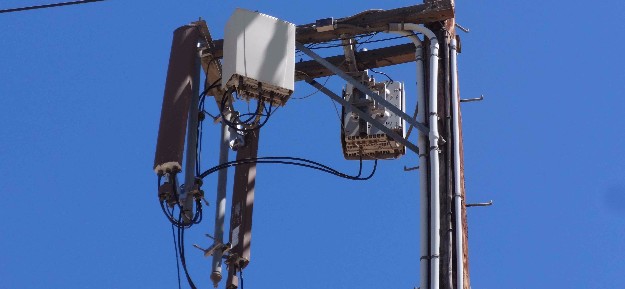Big telecom will see familiar, friendly faces at California capitol in 2019

California broadband policy will be in the same legislative hands in 2019. Senate and assembly leaders announced committee assignments for the new term, and the chairs of the committees that dealt with major telecoms issues over the past couple of years remain the same.
Miguel Santiago (D – Los Angeles) retained his seat as chair of the assembly communications and conveyances committee. He didn’t make it into the top ranks – no leadership post or a seat on the powerful rules, appropriations or budget committees.… More









